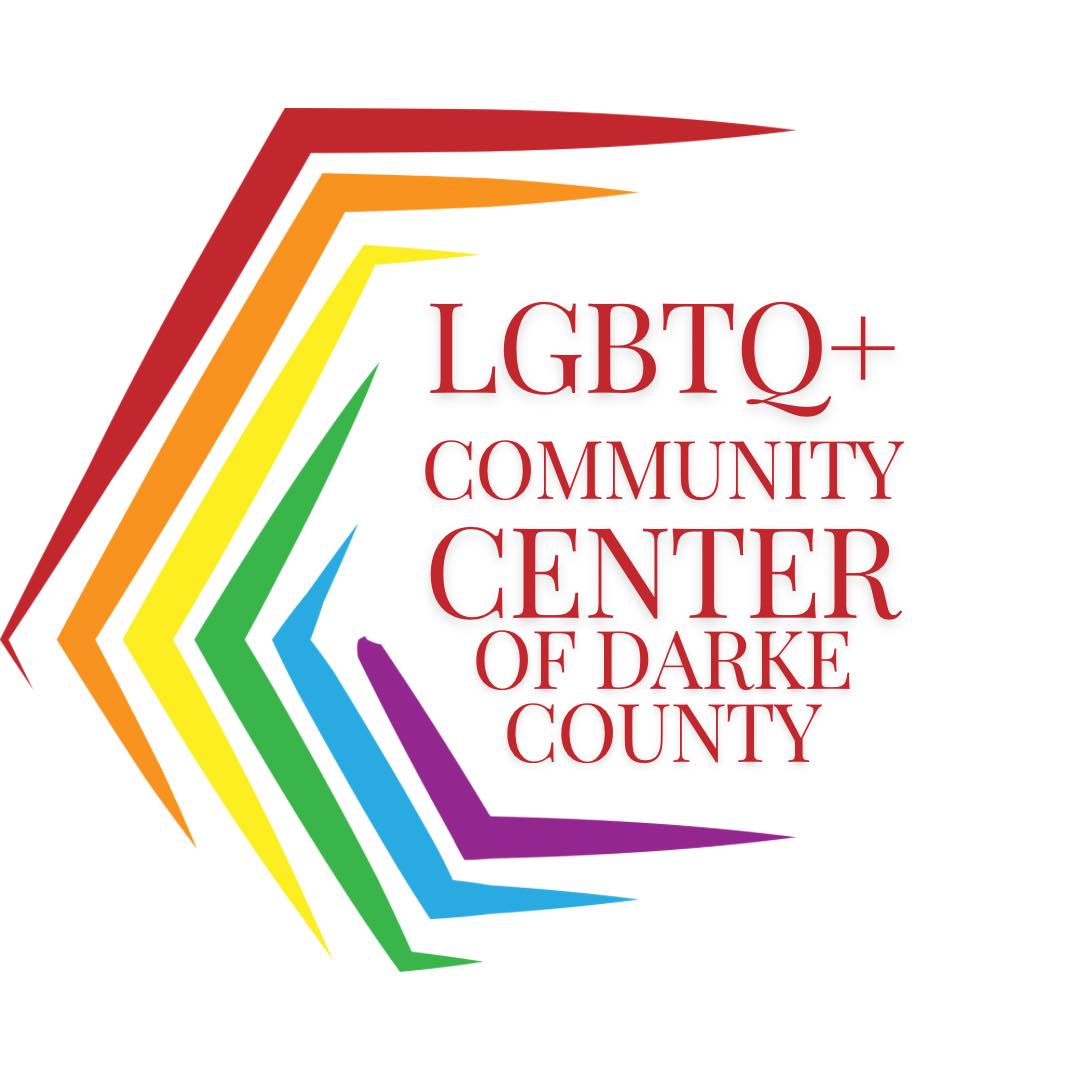From our partners at CenterLink:In April 2024, the U.S. Department of Education published a final rule that updates Title IX regulations to clarify legal protections for LGBTQ+ students, survivors of sexual assault, and pregnant and parenting students. These Title IX updates strengthen the legal rights of LGBTQ+ students to challenge discriminatory practices and encourage school districts to adopt more inclusive policies to ensure compliance with federal law.
It is important that Title IX was clarified to protect LGBTQ+ youth because:
Center Celebrates LGBTQ+ Inclusion Ruling – Encourages Ohio to Back Federal Inclusion Laws

